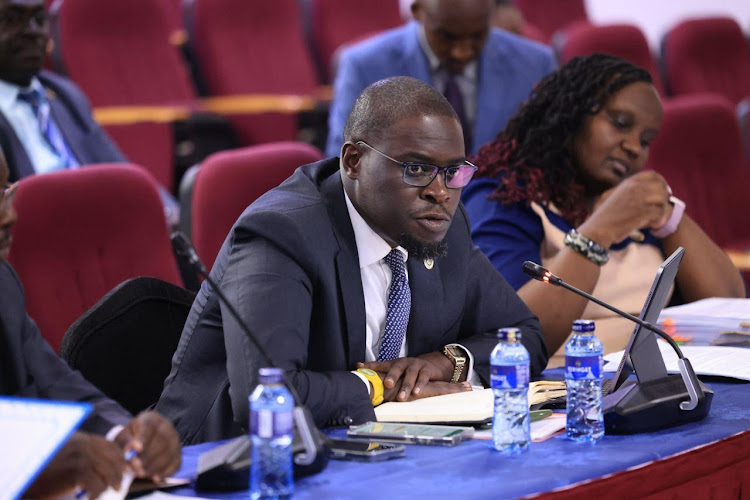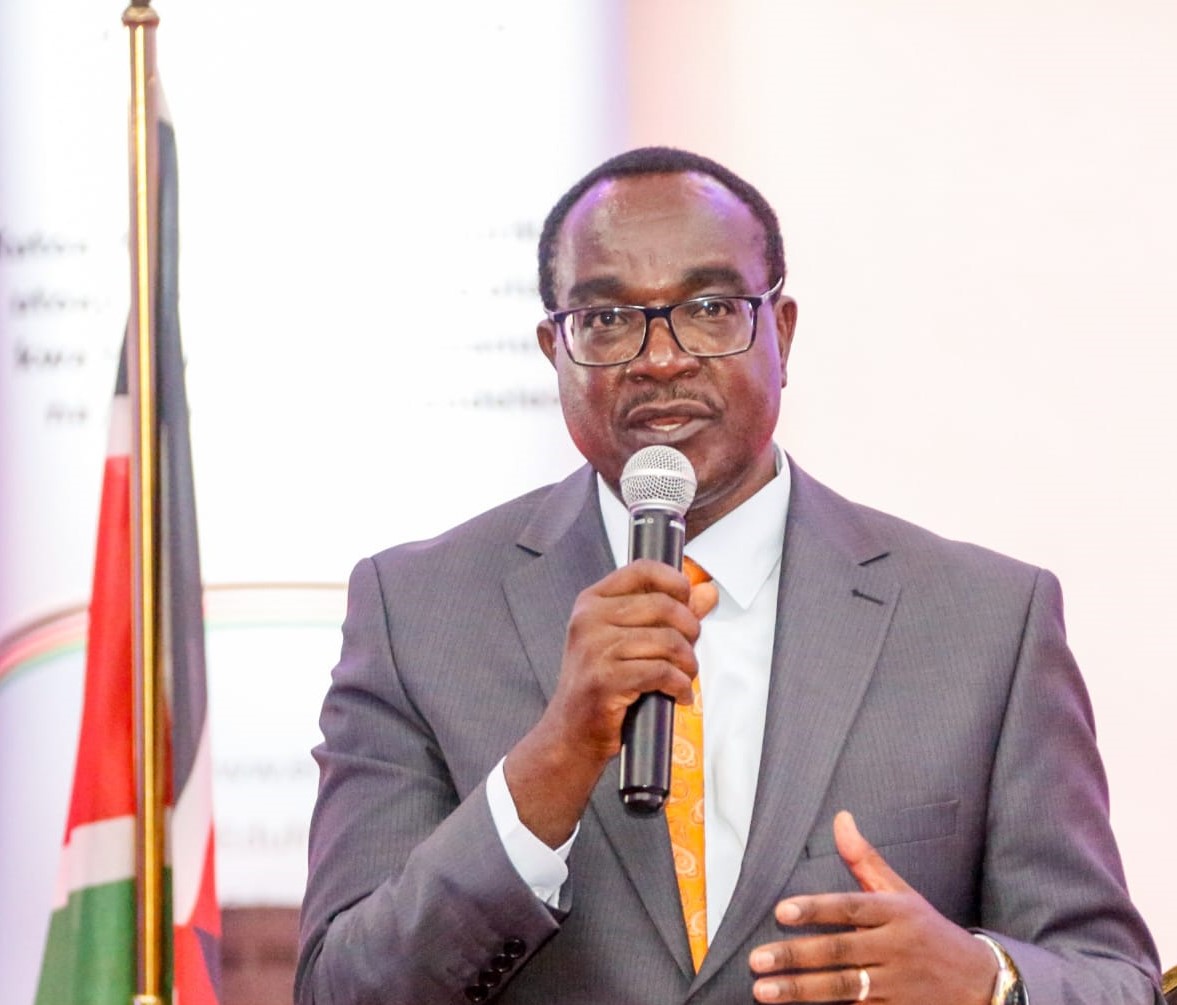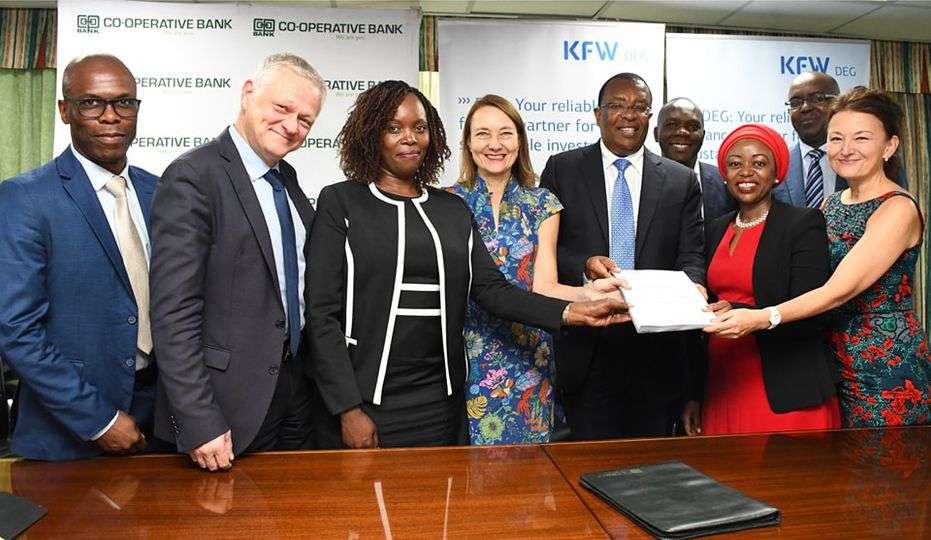Nairobi County has recorded a Sh426 million increase in revenue collection for the first half of the 2024-2025 financial year, bringing in Sh4.8 billion compared to Sh4.2 billion during the same period last year. According to data from the county’s finance department, the administration led by Governor Johnson Sakaja collected Sh4,815,106,845 between July and December 2024.
This marks a significant improvement from the Sh4,217,055,247 collected in the same months of the 2023-2024 financial year. However, not all revenue streams saw growth. The report highlighted that while revenue collection was higher in the second quarter, some areas experienced declines. Between October and December, Sh2,550,783,770 was collected, an increase from Sh2,264,323,076 in the first quarter.
October saw the highest monthly revenue at Sh933.2 million, sharply rising from Sh526 million collected in October 2023. However, December recorded the lowest revenue for the period, with only Sh600.89 million collected, down from Sh1,063,810,895 in December 2023.
A breakdown of the revenue streams reveals some key contributors:
- Land Rates: Sh338,438,477
- Parking Fees: Sh860,313,917
- Unified Business Permit: Sh603,243,049
- Plans and Inspections: Sh966,241,586
- Billboard and Advertising Fees: Sh315,679,195
- House Rents: Sh294,144,250
- Markets: Sh107,676,057
- – Hospitals: Sh736,857,781, marking an increase from last year
- Nairobi Funeral Home: Sh11,907,830, showing a decline
While land rates and parking revenue were higher in the first quarter, both experienced slight declines in the second quarter. Conversely, house rents saw a notable rise from Sh111,107,698 in the first quarter to Sh183,036,552 in the second.
Tirus Njoroge, Chief Officer for Revenue, attributed the decline in land rates revenue to policy changes regarding waivers. “While waivers on land rates have been issued in previous financial years, the result is often reduced compliance within the legally stipulated period of January to March,” he explained. To tackle this, the county is enforcing penalties for overdue payments, including operations to clamp down on properties that have long failed to pay rates.
Njoroge also emphasized the administration’s push to streamline revenue collection. “The Governor’s introduction of a Unified Business Permit is part of simplifying the payment process for businesses,” he said. Additionally, the county is expanding service centres in areas such as Dandora, Ruai, and Umoja 1, bringing services closer to residents.
In the previous financial year, which ended in June 2024, the county collected Sh12.8 billion, falling short of the Sh20.06 billion target. This year, the county aims to raise Sh21.06 billion to support its Sh43.56 billion budget. The upward trajectory in revenue collection suggests positive steps toward enhancing financial sustainability, though challenges remain in ensuring continued growth across all sectors.





